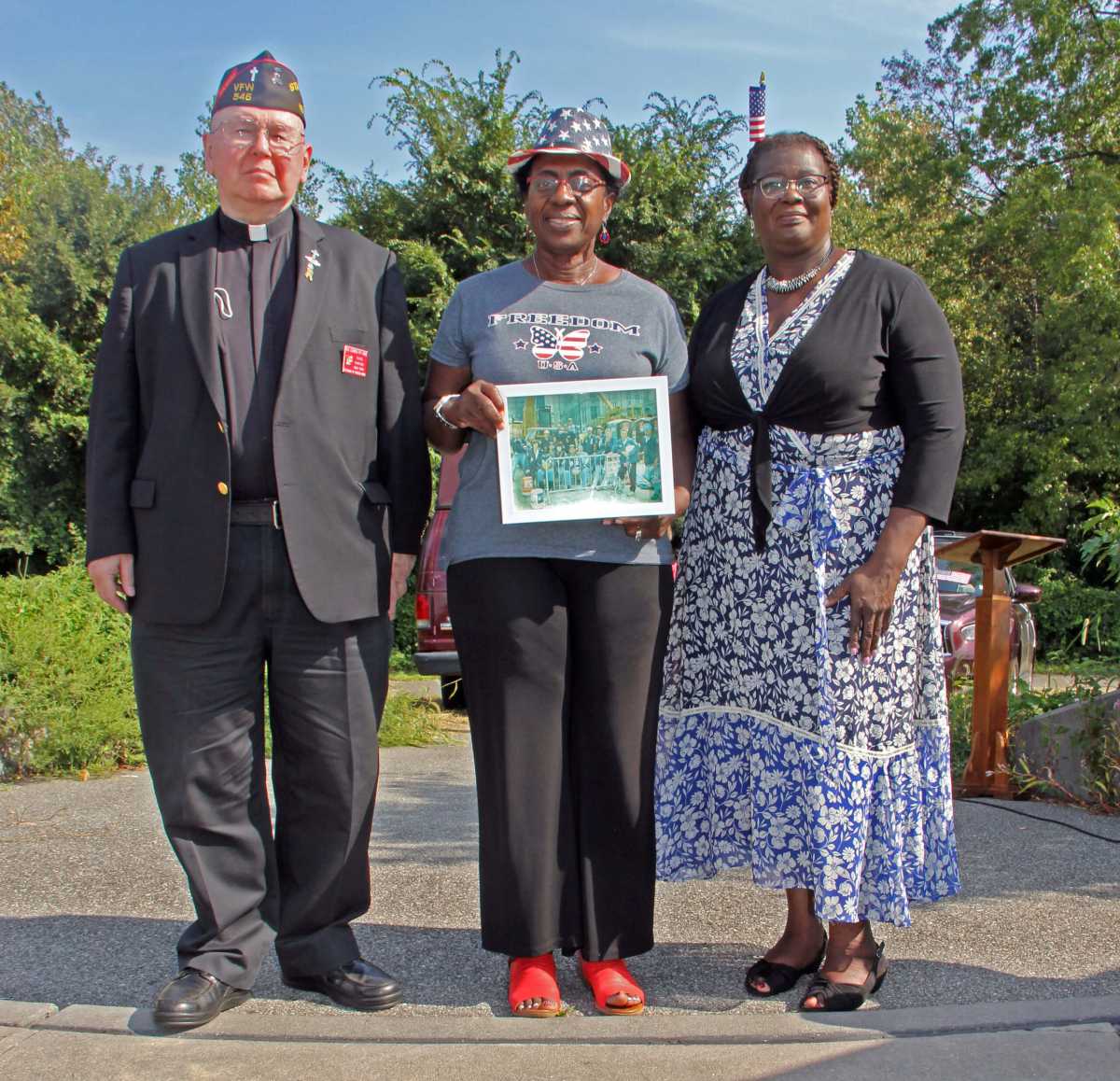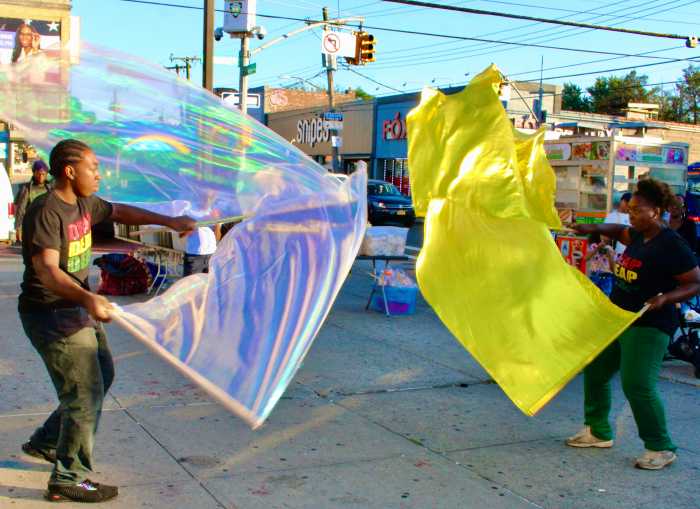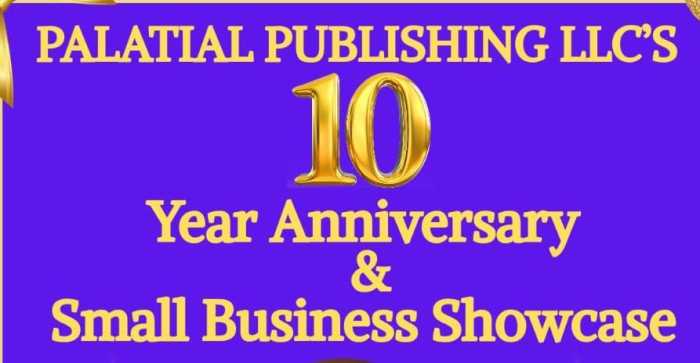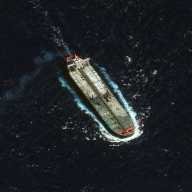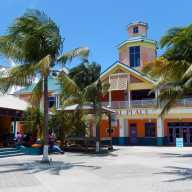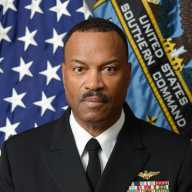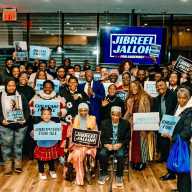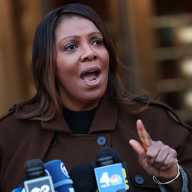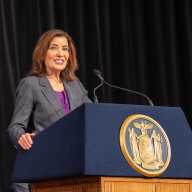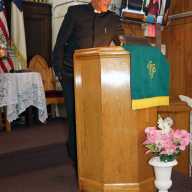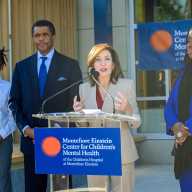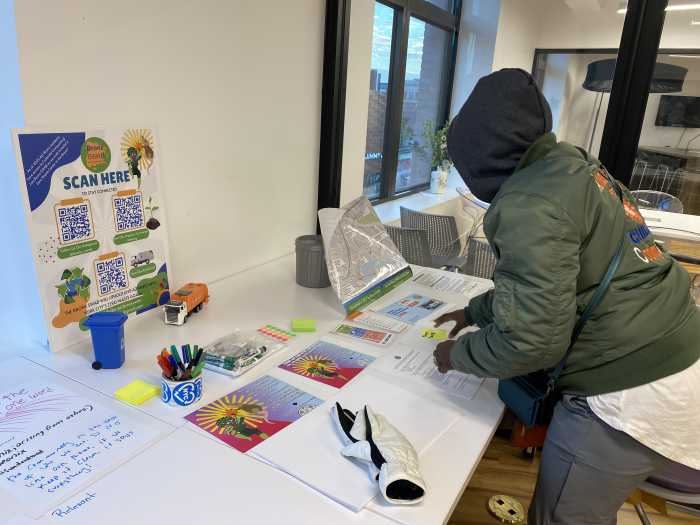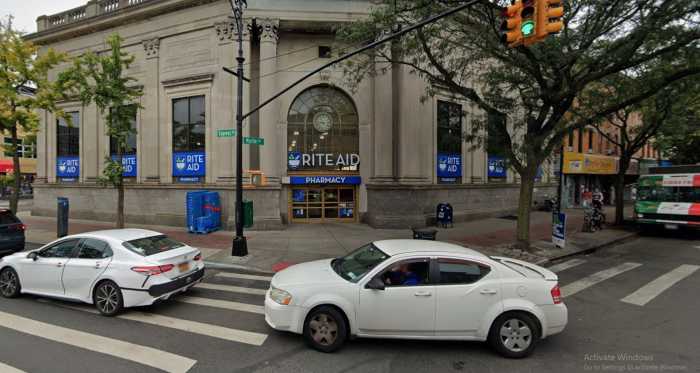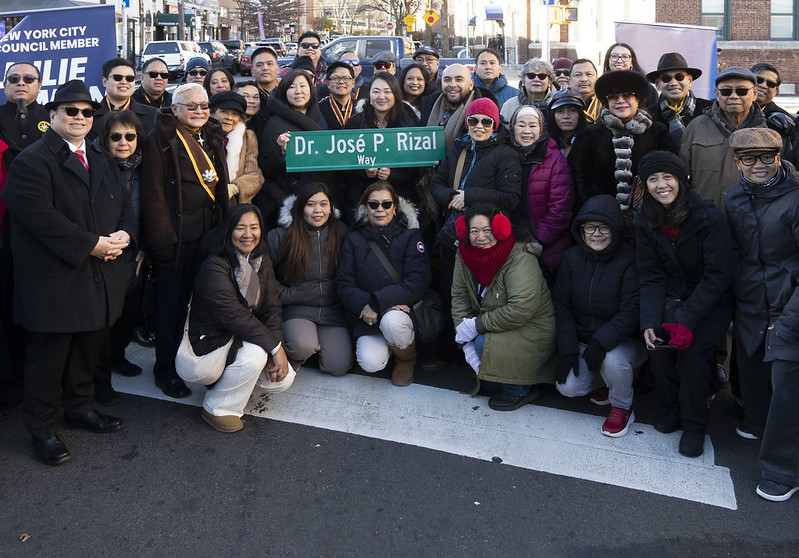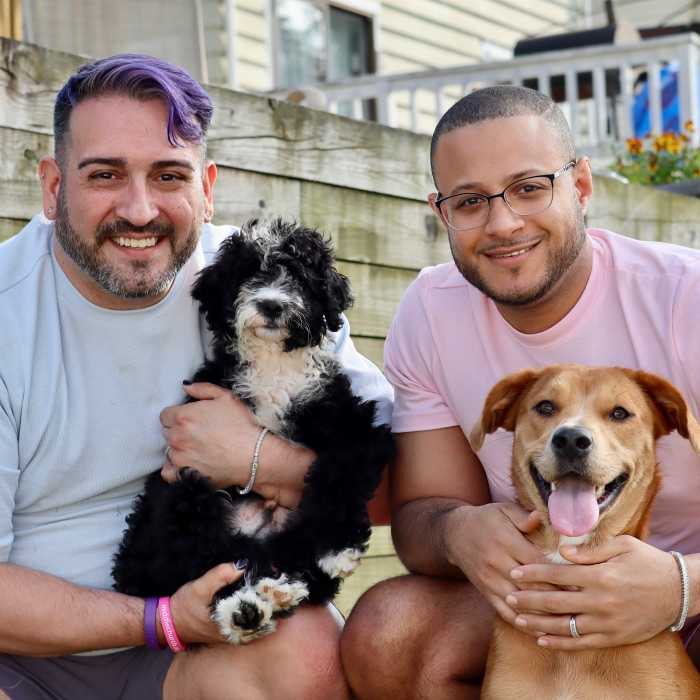In an emotional reflection, first responder, retired Barbadian-born New York Police Department (NYPD) detective Dr. Judy Newton on Saturday told her story about her experience during the September 11, 2001 terrorist attacks on the United States.
“We are freedom fighters. My purpose was to get to the squad car,” Dr. Newton told a ceremony on Saturday commemorating the 20th anniversary of the attacks, at Seaview Park in Canarsie, Brooklyn, organized by Guyanese-born Sen. Roxanne Persaud, representative for the 19th Senate District in Brooklyn.
“Eight officer perished,” added Dr. Newton, a former candidate in June’s Democratic Primary for the 36th City Council seat in Brooklyn. “And I will not have to tell the tale if it was not a harrowing couple of weeks. We were looking for the bad guys – the terrorists. We were confused at this point: Where are the bad guys?
“We think we know people, but we’re not as observant as we think we are,” continued Dr. Newton, founder and president of the Brooklyn-based Newton Foundation. “The only thing I found was some cancelled checks…and two large spoons from Windows of the World.
“We took our hands and formed the ‘Bucket Brigade’”, she said. “One of the guys who perished was a probationary officer, Ramon Perez.”
Subsequently, in a Caribbean Life interview, Dr. Newton, who was assigned to the Manhattan District Attorney’s Office, Detective Squad, said she had just exited the voting booth when she received a call from her friend, only identified as Ted, who informed her that a helicopter had flown into the World Trade Center.
“I said, ‘impossible Ted, it’s a no-fly zone’, and I asked if it was the shadow 7, Eyewitness News chopper,” said Dr. Newton, who was honored, among other first responders, on Saturday, at St. Bernard’s Church in Bergen Beach, Brooklyn.
“I blurted out ‘terrorism’, and Ted replied, ‘Ya think?’”, Dr. Newton added. “Without fully comprehending the magnitude of upcoming historical moments, I headed towards the Manhattan Bridge and was briefly stopped by a uniform officer, who notified me that the bridge was closed to vehicular traffic.
“I placed my red bubble on the roof, showed my department issued shield and identification, went around the officer and sped over the bridge hoping that there were no explosives along the way,” Dr. Newton continued. “As I drove through China Town, enroute to the Squad, I realized that everyone was running towards me, and I was the sole individual heading towards danger.
“As I approached #1 Hogan Place, the entrance to the Squad, a court officer on security watch advised me that the elevators were off limits and that I could not go up to the 9th floor, where I quickly changed in to my suit, grabbed a radio, extra batteries for the radio and my cell phone, peered out the window at the burning towers, and vacated the building with my co-workers,” she said.
At that moment, Dr. Newton said they noticed about eight court officers, who they knew were on their way to the World Trade Center for search and rescue.
She said one of the sergeants gave a direct order against running into the buildings ‘helter-skelter’”, she said. “We stayed behind and were very upset because we were first responders, and were always prepared to run towards danger. All of those responding court officers, our friends, perished that day.
“I subsequently learned that Officer Ramon Suarez, whom I trained when he was a probationary officer, who vested out of the NYPD, joined a police department in Florida, missed the NYPD and returned to the NYPD, commandeered a vehicle to the WTC, rescued a woman who was unable to walk, returned to the North Tower,” Dr. Newton added. “The tower collapsed, and Suarez was killed – great guy, fitness guru.”
Dr. Newton said she was first assigned to Roosevelt Hospital’s Emergency Room in lower Manhattan to gather information on victims, as they were brought in by transport.
“Oddly enough, throughout the course of the day, only one EMT (Emergency Medical Technician) was brought in to have an eye flushed,” she said. “We could not understand why they were no bodies coming into the emergency rooms. They all perished.”
Dr. Newton said she and fellow first responders spent day two at the bereavement center in the Armory on Lexington Avenue fielding phone calls from family and friends from around the world.
She said a wife of a senior vice president of the Wall Street-based Cantor Fitzgerald, a financial services firm, was unable to describe her husbands clothing for that day and, as a result, she was unable to take an accurate missing person’s report.
In early January 2012, Dr. Newton said she received a call that there was a funeral for the senior vice president’s remains.
She said his finger was found, and he was identified because his wedding band was on that finger.
“At least, there was closure,” Dr. Newton said.
She said her whole squad spent the weeks ahead digging in the pile and watched the hole getting deeper as they took turns on the “Bucket Brigade”, filling them up and getting the debris ready to be transported to the landfill on Staten Island.
“Some of us were assigned to the Staten Island Landfill to sift through the debris for whatever could’ve been found as useful,” Dr. Newton said. “And others were assigned to the Medical Examiner’s Office on First Avenue (in lower Manhattan) to do the same because remains had to be identified.
“There were many lessons to be learned from my experiences that emanated from that fateful day 20 years ago,” she added. “It is important to be more observant about what is happening around us; be vigilant; and we must be in unity with each other.”


